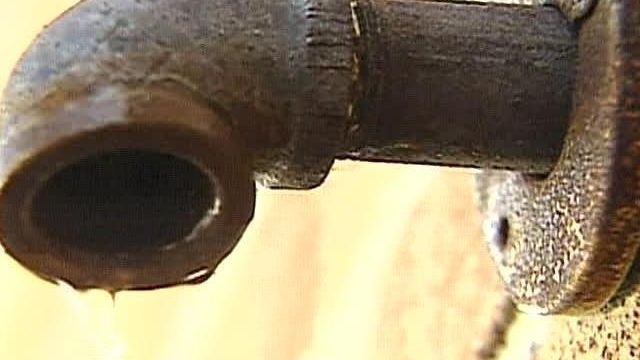Hagan backs amendment on Camp Lejeune water
North Carolina's junior senator has added an amendment in a bill to prevent the Navy from dismissing claims regarding water contamination at Camp Lejeune.
Posted — UpdatedSen. Kay Hagan's amendment, also sponsored by Republican Sen. Richard Burr, passed Tuesday night. It prevents the Navy from dismissing claims until two Centers for Disease Control studies are completed.
The CDC's health study and water model could take two years to complete. Hagan said the studies are critical to prove if the exposure to chemicals resulted in illnesses.
“I think they’ve worked their entire careers successfully completing their mission that they were asked to start,” Hagan told CNN on Wednesday. “I think it’s our mission to give them complete answers and if we stop now our mission would not be accomplished.”
Many said they believe exposure to the water led to miscarriages, birth defects and cancer.
Rep. Brad Miller, a Democrat from North Carolina, plans to submit the legislation later this month to give Department of Veterans Affairs health care to those exposed to contaminated water.
Miller’s bill is a companion bill to Burr’s "Caring for Camp Lejeune Veterans Act of 2009.”
Miller chairs the House Committee on Science and Technology's Subcommittee on Investigations and Oversight and has held hearings on the issue.
The proposed bills would grant care at a VA facility to any veteran or family member who was based at Camp Lejeune during the time the water was contaminated and suffers from adverse health effects.
The bills do not specify what kind of health problems, only that they are connected to exposure to contaminated water.
Health officials say it is impossible to know how many people would qualify. They believe as many as 1 million people may have been exposed to the toxins trichloroethylene (TCE) or perchloroethylene (PCE) before the wells were closed 22 years ago.
Officials closed the wells in 1987 after 30 years' of use.
• Credits
Copyright 2024 by WRAL.com and the Associated Press. All rights reserved. This material may not be published, broadcast, rewritten or redistributed.





